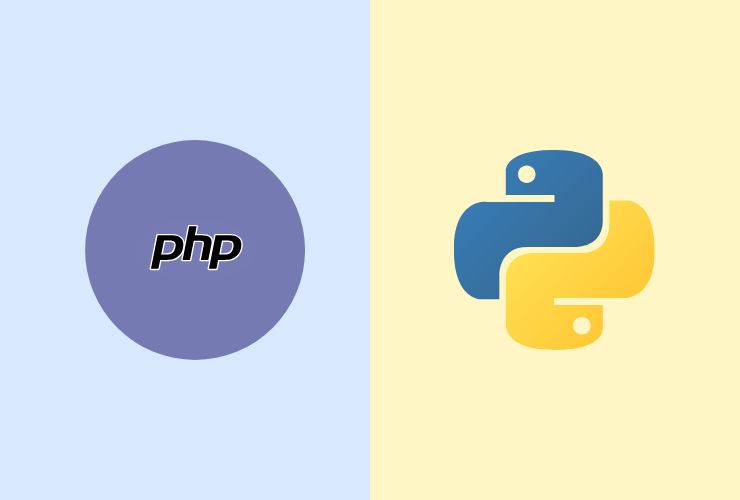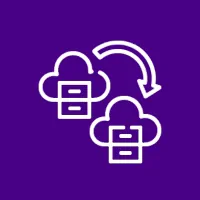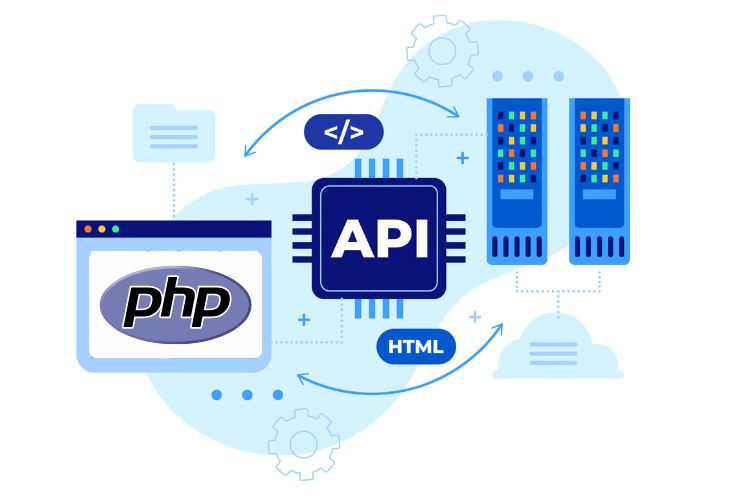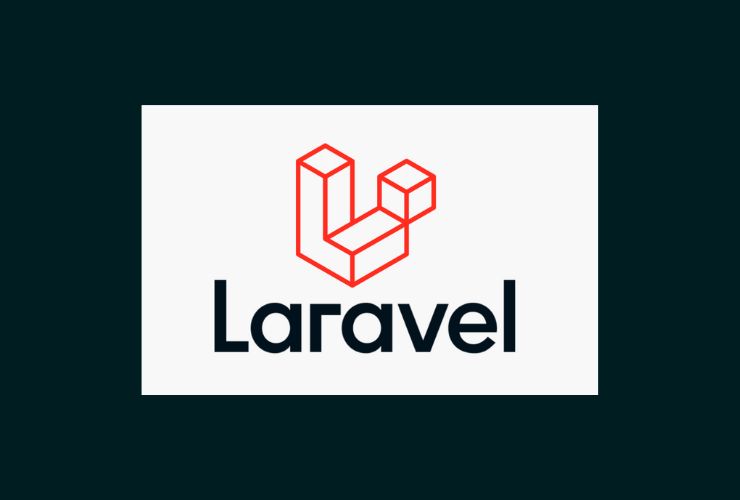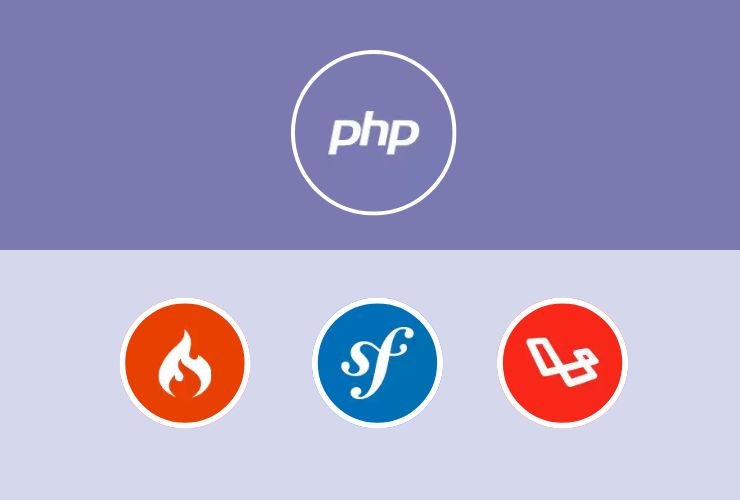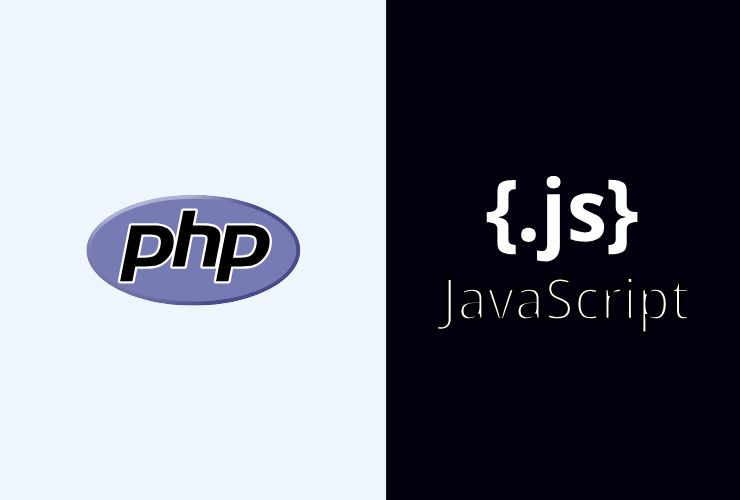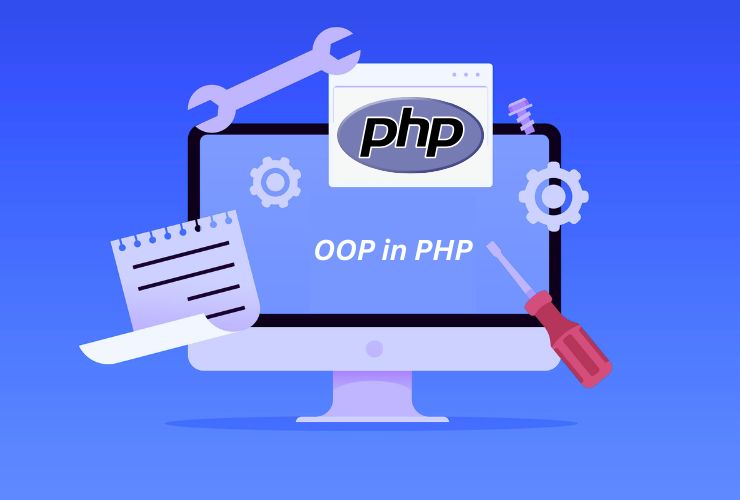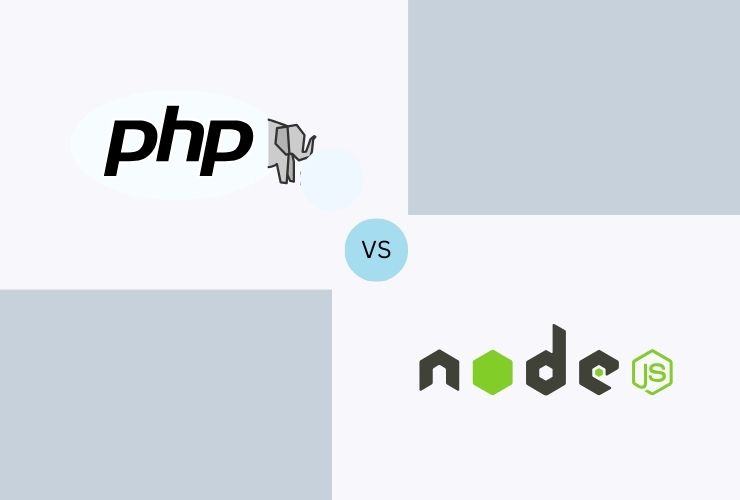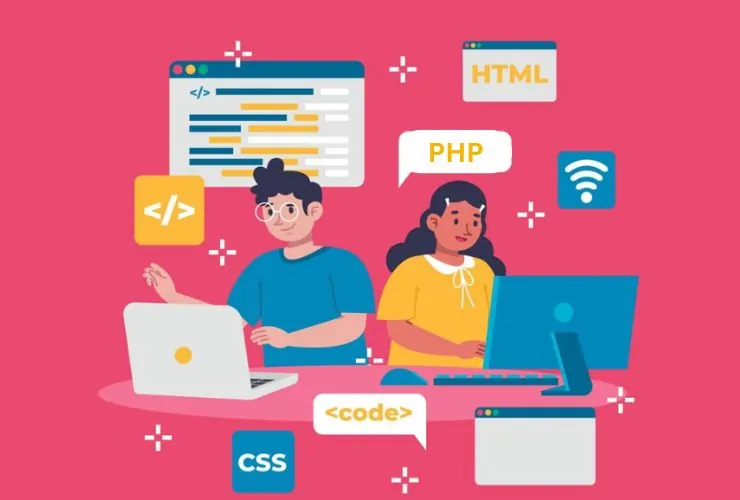Two of the most popularly debated programming languages when considering web development are PHP and Python. Each of these programming languages comes with its benefits, rich ecosystem, and significant use in dynamic and scalable web applications. However, this depends upon project-specific conditions, expertise, scalability requirements, and long-term goals. So let’s delve deeper into PHP and Python.
1. Introduction to PHP and Python
PHP: The Web Specialist
PHP, in short, Hypertext Preprocessor, is the server-side scripting language designed particularly for web development.
Advantages: It is very easy to learn, fast and has an immense framework ecosystem that includes Laravel and Symfony.
77% of sites are powered with server-side programming and is home to heavyweights like WordPress and Magento.
Python: The Generalist Powerhouse
However, Python is an all-purpose language that has received widespread acclaim for being highly readable and versatile.
Benefits: The syntax is clean, has broad applicability, and supports the integration of AI and data science technologies.
Market Leader: Because of the presence of frameworks like Django and Flask, Python can dominate web applications, such as Instagram and Pinterest.
2. Learning Ease
PHP
PHP is very beginner-friendly, especially to developers starting their career in web development.
Its syntax allows for quick embedding within HTML, making it an easy choice for those building simple websites.
Python
Python’s syntax mirrors natural language, offering unparalleled clarity for new programmers.
The most commonly chosen language for beginners is Python, mainly because it is simple and readable.
3. Performance and Speed
PHP
With PHP 8.x, the performance has become very high, especially for websites that have high traffic.
It best suits server-intensive applications as it processes complex server requests quickly.
Python
Python’s performance for web applications is relatively slow but offset by its effectiveness and strong frameworks such as Django.
It really does well with advanced computational task-intensive processes such as AI integrations.
4. Scalability
PHP
Even though PHP offers scalability, its optimization for the enterprise application is possible via Laravel or Symfony
It is most apt for sites with constant predictable traffic flow
Python
Being innately scalable, Python finds suitability in those big applications, especially with SaaS platforms having a dynamic scale in growth
The ability to connect emerging technologies, including AI and ML, amplifies scalability
5. Community and Ecosystem
PHP
Decades of domination have created a huge, expanding user community for PHP.
Plugins, tools, and tutorials on web development specifically are easy to find.
Python
The Python community is vast beyond web development, which includes data science, AI, automation, and much more.
A large ecosystem offers a lot of resources and solutions in many industries
6. Frameworks and Tools
PHP Frameworks
Some of the most popular ones are Laravel, Symfony, CodeIgniter, and CakePHP.
These can make even the most complex development tasks easier by relying on pre-built components.
Python Frameworks
Some of the most popular choices are Django, Flask, and FastAPI
Advantages: Inbuilt security, admin panel, rapid web application prototyping
7. Security
PHP
It involves implementing security best practices carefully to avoid probable vulnerabilities such as SQL injection or Cross Site Scripting attacks.
Well-designed frameworks these days, even Laravel, allow for the deployment of tools for high security, strictly depending on individual implementation.
Python
Django along with Flask incorporates inbuilt security, even its CSRF protection features and secure password generation.
Python has been designed favourably for security, which helps it gain the edge.
8. Use Cases
PHP
Best For: Content management system-driven websites, e-Commerce platforms, and business websites.
Examples: WordPress, Magento, Joomla.
Python
Best For: AI-driven web applications, SaaS platforms, and scalable, innovative applications.
Examples: Instagram, Spotify, Reddit.
9. Developer Availability and Cost
PHP Developers
Due to the age of this language, there are more PHP developers with proficient experience and are less expensive than working with Python.
Python Developers
Development rates for Python often are on the higher side depending on whether your project is dependent on data science, AI, or machine learning.
PHP is a good choice when:
- You have a small budget.
- Your project is CMS or e-commerce related.
- Speed and simplicity are critical.
Python is better suited when:
- Scalability, innovation, and more complex features like AI are the needs.
- Readability and an adaptive ecosystem matter for your team.
- You need the latest technology integrations or execute complex tasks.
Conclusion: The Right Tool for the Job
The choice of PHP or Python depends on the objective you want to achieve in your project:
PHP is a perfect choice if you need budget-friendly, CMS-driven websites.
Python is best suited for innovative and scalable applications.
So, both of them are power languages, but the right choice depends on what you need to develop for web development.

